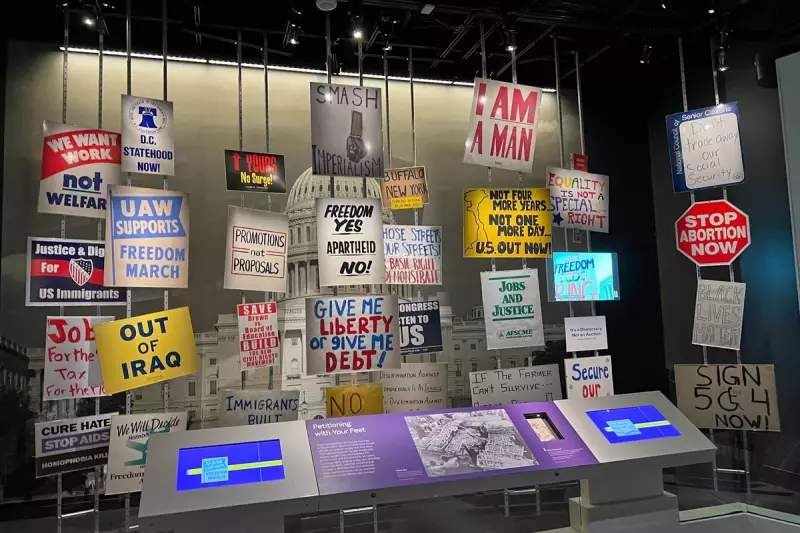
Former US President Donald Trump has ignited a firestorm of criticism from historians and civil rights advocates following a deeply controversial comparison he made between the internment of Japanese Americans during the Second World War and his own legal entanglements concerning Russia.
Speaking at a recent event, Mr Trump suggested that the US government's forced relocation and incarceration of over 120,000 people of Japanese descent—a policy now widely condemned as a gross violation of civil liberties—somehow justified his actions regarding Russia. His comments have been labelled as a dangerous and ignorant distortion of history.
A Painful Historical Chapter
The Smithsonian's National Museum of American History, home to a powerful exhibition on this dark period, was swift to respond. A statement from the institution firmly rejected Trump's analogy, clarifying that the internment was a "failure of political leadership" and is in no way a defensible precedent for any modern political situation.
Karen Ishizuka, a leading author on the subject, called the remarks "appalling and historically inaccurate," emphasising that the internment was born from racial prejudice and war hysteria, not evidence-based national security concerns.
Widespread Condemnation and Political Fallout
The backlash was immediate and bipartisan. The Japanese American Citizens League, the nation's oldest Asian American civil rights organisation, issued a stern rebuke, stating that using this historical tragedy to defend oneself is "reprehensible and irresponsible."
Political analysts suggest this incident is part of a broader pattern of Mr Trump leveraging historical narratives to galvanise his base, often at the expense of factual accuracy. The episode has further strained his relationship with cultural institutions tasked with preserving an accurate historical record.
This revisionist take on one of America's most shameful episodes continues to draw condemnation, highlighting the ongoing battle over how history is remembered and used in contemporary political discourse.





